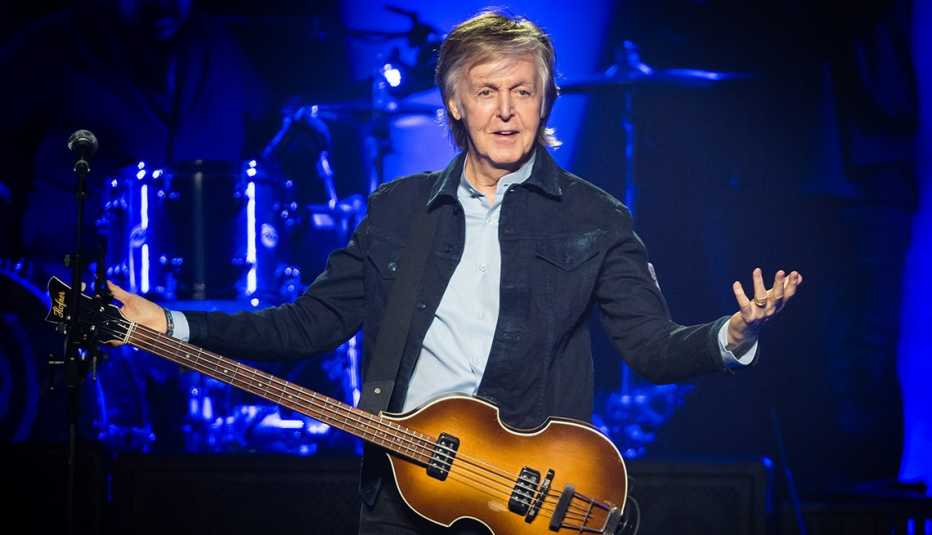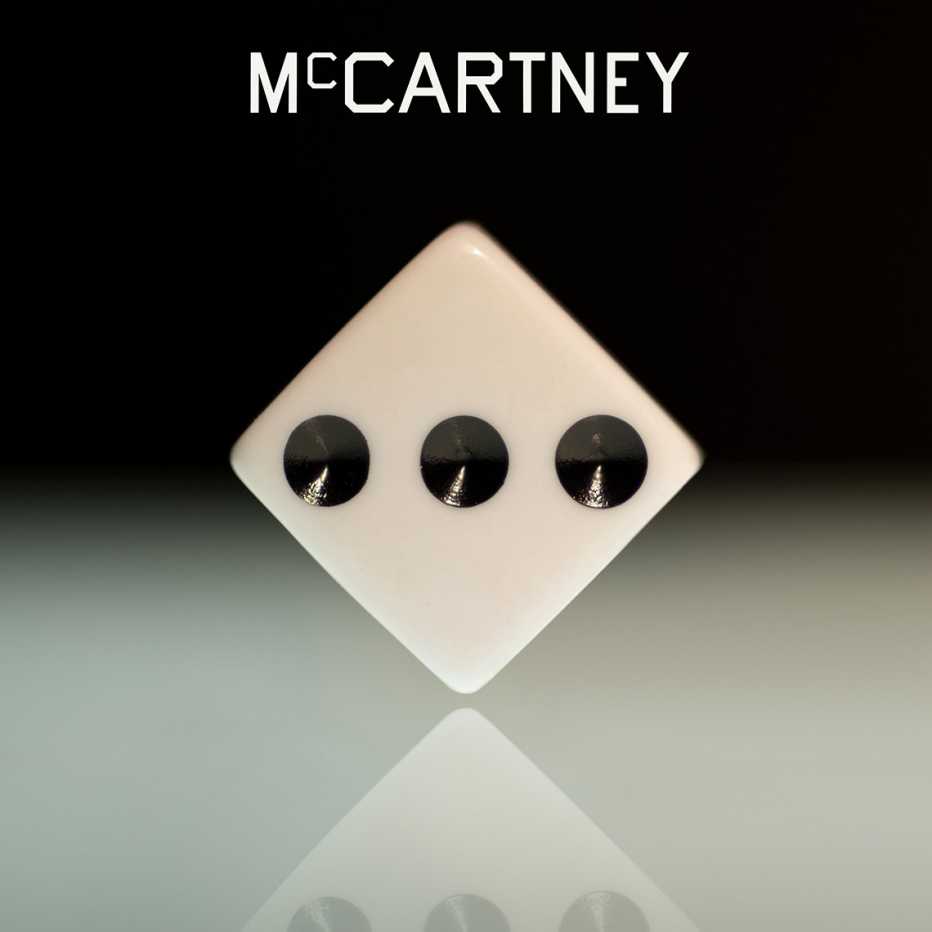Staying Fit


He could have been baking bread, Zooming with pals, gardening or shopping online, like much of the world trapped in 2020's pandemic lockdown. Instead, Paul McCartney was, as he puts it, “in rockdown,” making his 18th solo studio release and the third in a series of one-man-band albums.
McCartney III, out Dec. 18, arrives 50 years after 1970's McCartney, the solo debut that established his creative independence from the Beatles, and 40 years after 1980's McCartney II, his liberating reset after Wings. And it pops up a short two years after his well-received Egypt Station.


AARP Membership— $12 for your first year when you sign up for Automatic Renewal
Get instant access to members-only products and hundreds of discounts, a free second membership, and a subscription to AARP the Magazine.
Time has done little to dampen McCartney's exuberance or dull his musical instincts. III brims with energy, surprises, supple melodies and the singer/songwriter's signature homespun charm.
Scheduled to tour and headline England's huge Glastonbury Festival this year, the 78-year-old “Cute Beatle” had no intention of making an album. But then the pandemic struck and his plans imploded. While in lockdown on his Sussex farm with his family, he spent his days tinkering in his studio.
He explains in a release:
"I had some stuff I'd worked on over the years but sometimes time would run out and it would be left half-finished, so I started thinking about what I had. Each day I'd start recording with the instrument I wrote the song on and then gradually layer it all up. It was a lot of fun. It was about making music for yourself rather than making music that has to do a job. So, I just did stuff I fancied doing. I had no idea this would end up as an album."
McCartney wrote each song, provided all vocals and played every instrument, including a stand-up bass that once belonged to Elvis Presley sideman Bill Black, a mellotron used on Beatles recordings made at Abbey Road Studios and his own famous Hofner violin bass.


The album cover art, a commissioned Ed Ruscha rendering of a die balanced on one point with three dots facing the viewer, suggests the vagaries of destiny, a fitting symbol in this era of fear, chaos and rage. But doom isn't in McCartney's playbook. He may get melancholy looking over his shoulder on a song or two, and the vengeful “Lavatory Lil” will have pop detectives scrambling to determine who his target is. For the most part, though, McCartney is reliably sunny and sentimental.
McCartney began the project with “When Winter Comes,” an unreleased early 1990s track coproduced by George Martin. Retooled, it became III's bookends. Opener “Long Tailed Winter Bird” is a lengthy, mostly instrumental number with some of McCartney's finest guitar work, and folksy finale “Winter Bird — When Winter Comes,” clearly inspired by his farm, is a gorgeous ode to country life.
The fiery “Slidin'” finds McCartney both defiant and resigned. “I know there must be other ways of feeling free but this is what I wanna do, who I wanna be,” he sings, then adding, “I know that I could die trying."

































































More From AARP
The Night John Lennon Died
Celebrities remember the Beatles legend 40 years after his deathThe Story Behind the 'Abbey Road' Cover
50 years later, the iconic image enduresRingo Starr Mines Beatles Vault on New Album
Unreleased Lennon track highlights 'What's My Name'